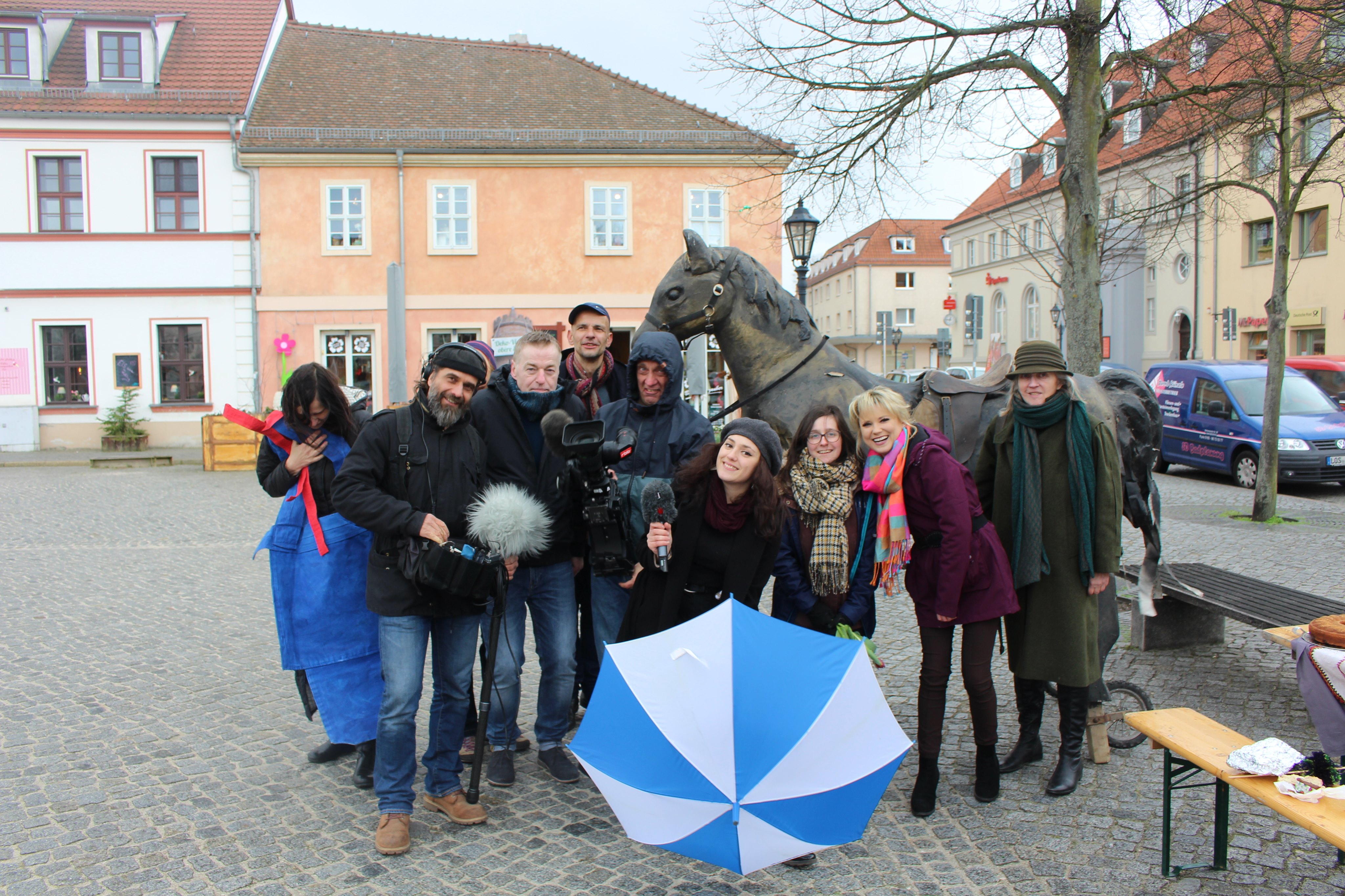
My EVS story
- Posted In :
- 0 : comment
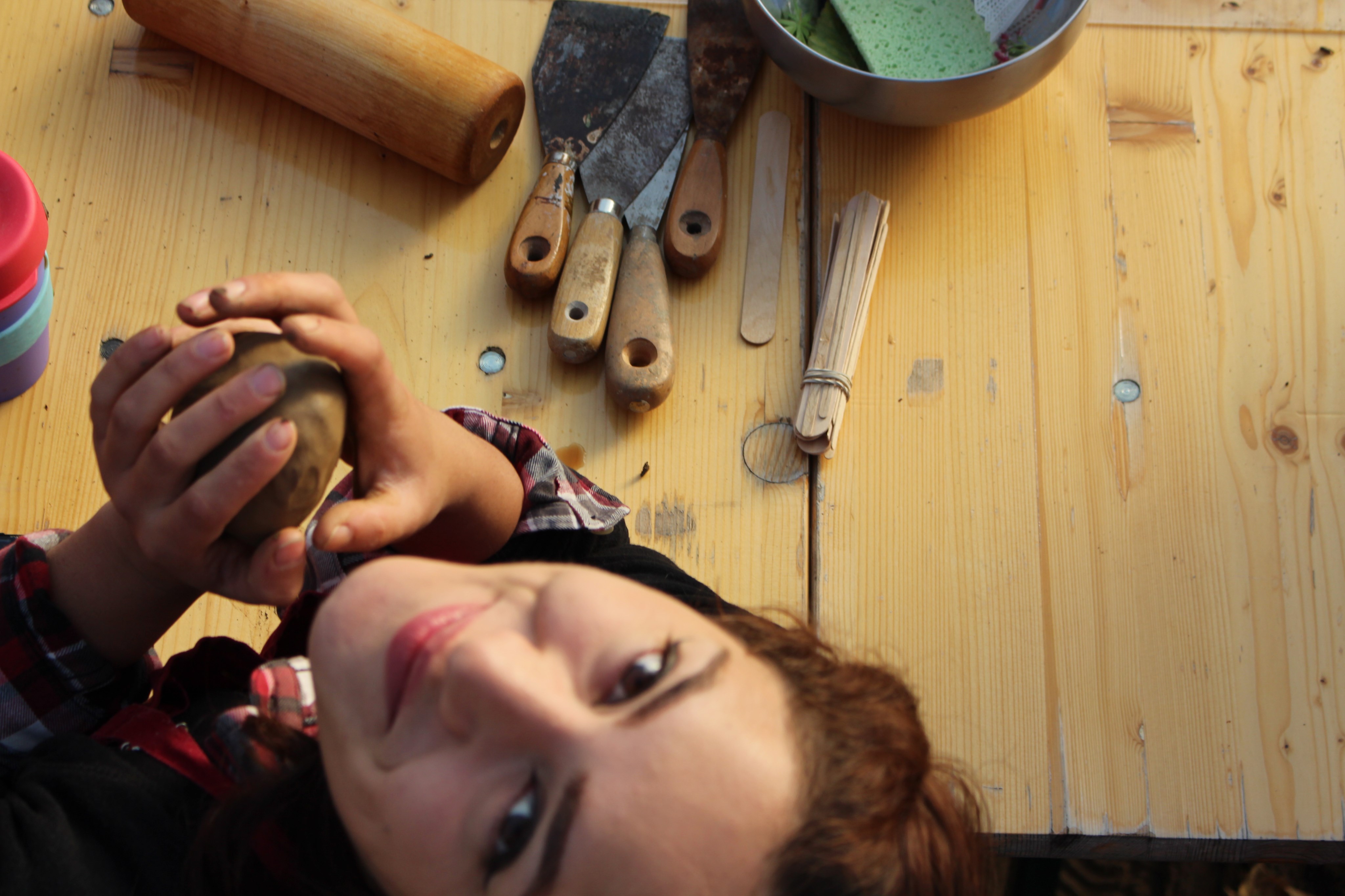
Thinking about a short description for my previous year in Germany, looking back at my journey that started due to APY and continued in LandKunstLeben e.V., I often come to this title – EVS ruined my life. Most of the time, people get confused, was it that bad? The answer is in my short story.
My story is not about crazy travelling through Europe (visiting more than 15 cities, 6 countries), making amazing, lifelong friends, nor it is about foreign languages that I learnt from basics or improved or got the interest to start learning nor it is about new cultures, new skills, new experiences that I gained, participating in the coolest workshops, competitions, trainings, getting better in my hobbies ( cooking, baking, SMM and many more). My gratitude to EVS project is not even for the opportunity to experience for the first time in my life things like ecological gardening, planting, working in an office, even biking, eating Bretzel, meeting Finnish people and breaking the stereotype, that they are not funny ( they can really be) and many other things.
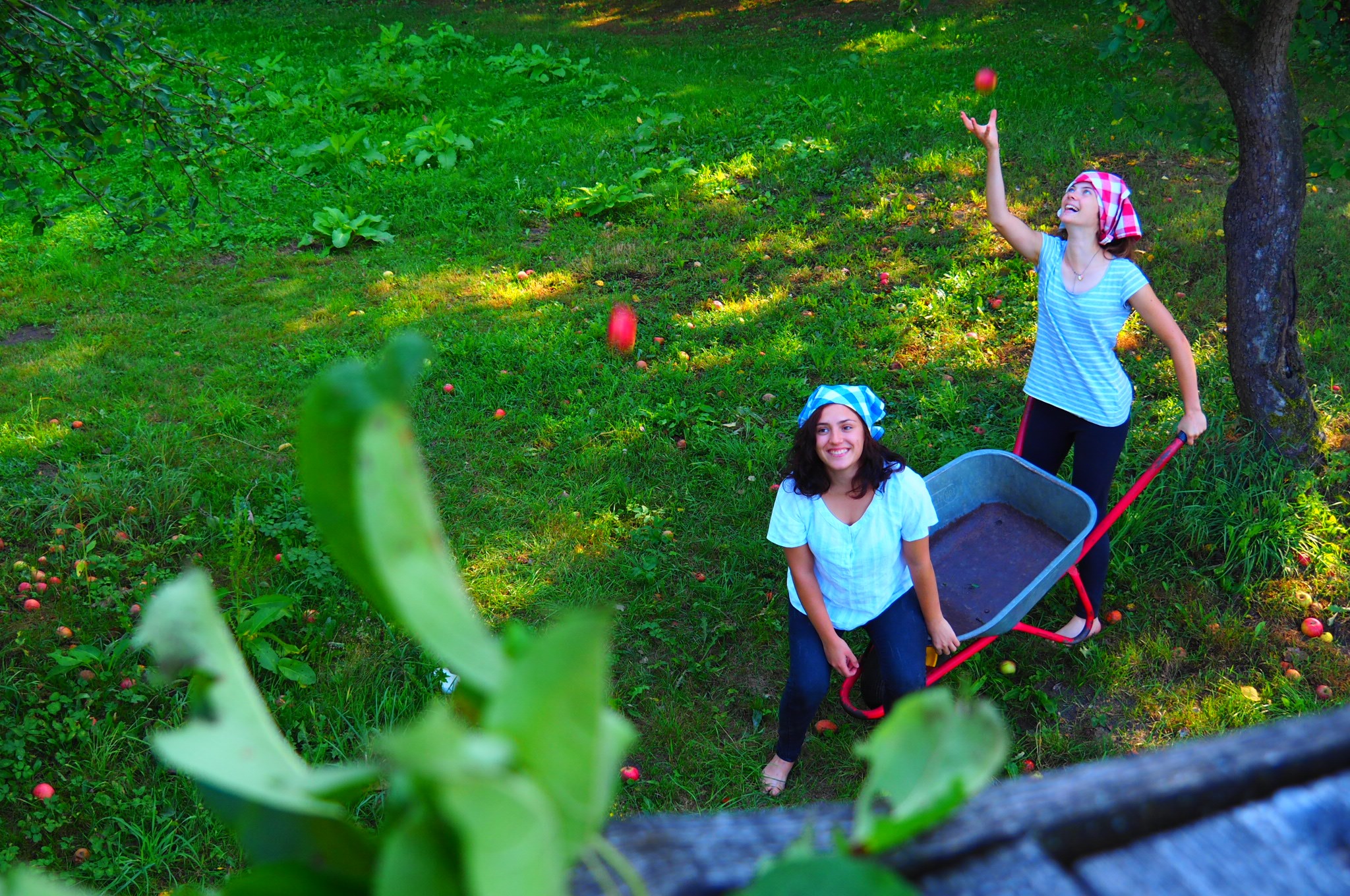 My story and my gratitude is not about all this wonderful, life-changing experiences, it is all about getting lost in the stations, breaking my leg ( while learning to bike), facing hardships, it is about destroying ideas and beliefs that I never questioned, destroying dreams that were fake to be brave enough to realize the real ones, my gratitude is about finding myself, learning to learn, it is about ruining the life that once was full of fears, stereotypes, complexes to fill it with self-understanding, love, respect, friendship, honesty, strength, ability to fail, empathy, support, solidarity and happiness…
My story and my gratitude is not about all this wonderful, life-changing experiences, it is all about getting lost in the stations, breaking my leg ( while learning to bike), facing hardships, it is about destroying ideas and beliefs that I never questioned, destroying dreams that were fake to be brave enough to realize the real ones, my gratitude is about finding myself, learning to learn, it is about ruining the life that once was full of fears, stereotypes, complexes to fill it with self-understanding, love, respect, friendship, honesty, strength, ability to fail, empathy, support, solidarity and happiness…
Was it that good, you might ask…
No, of course not. ( Because of constant happiness and delicious food, there is a high possibility of gaining weight).

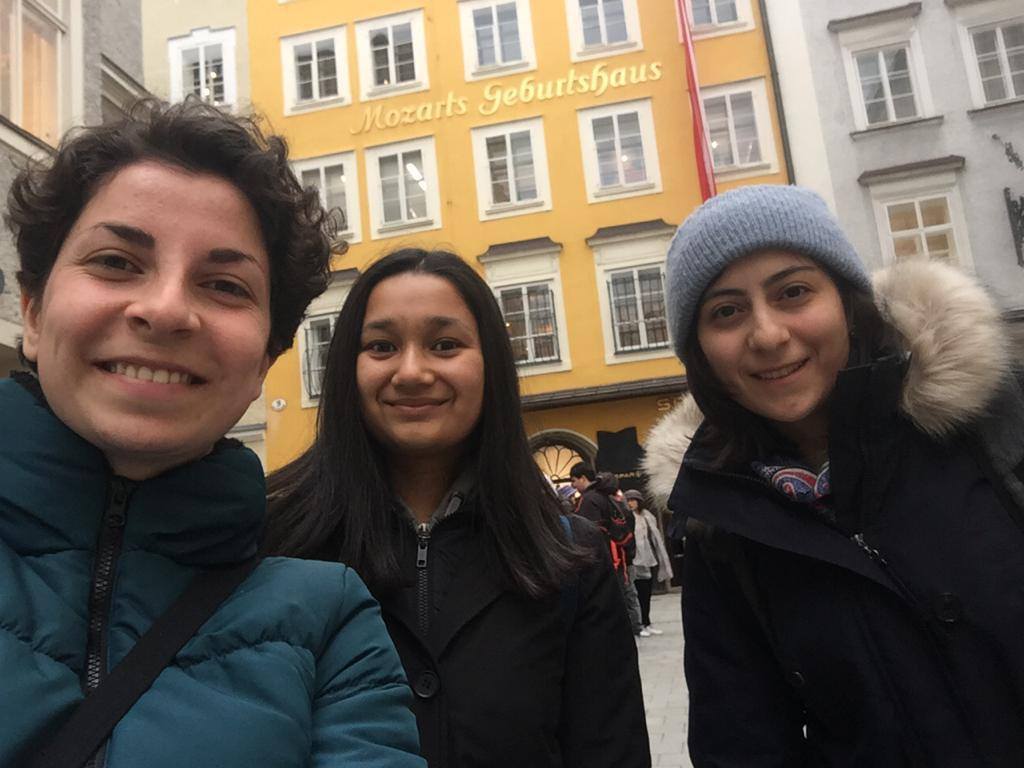
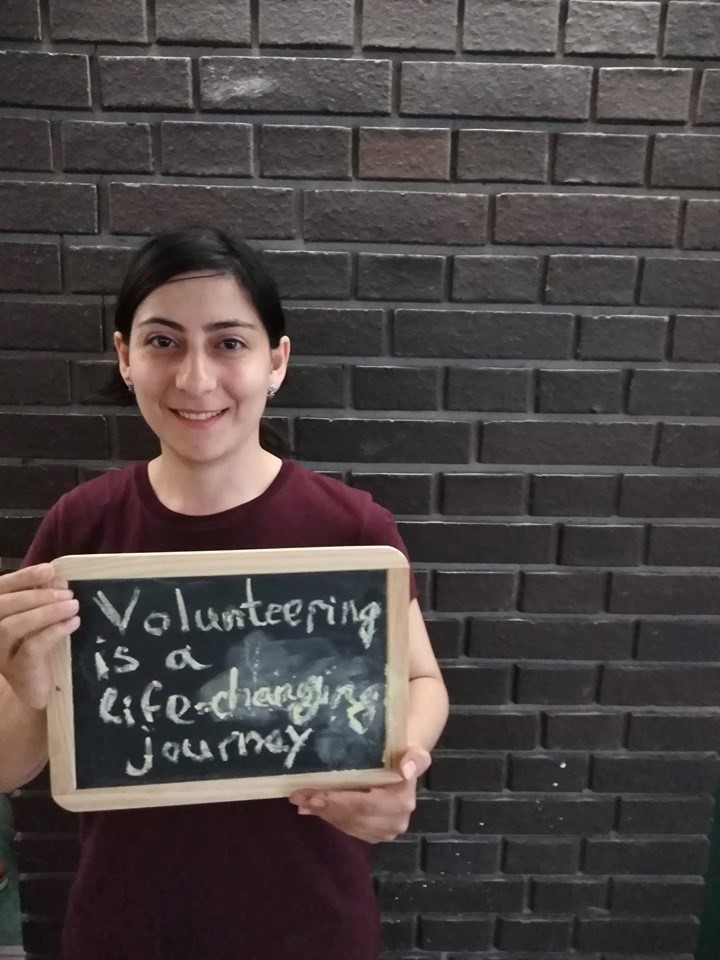
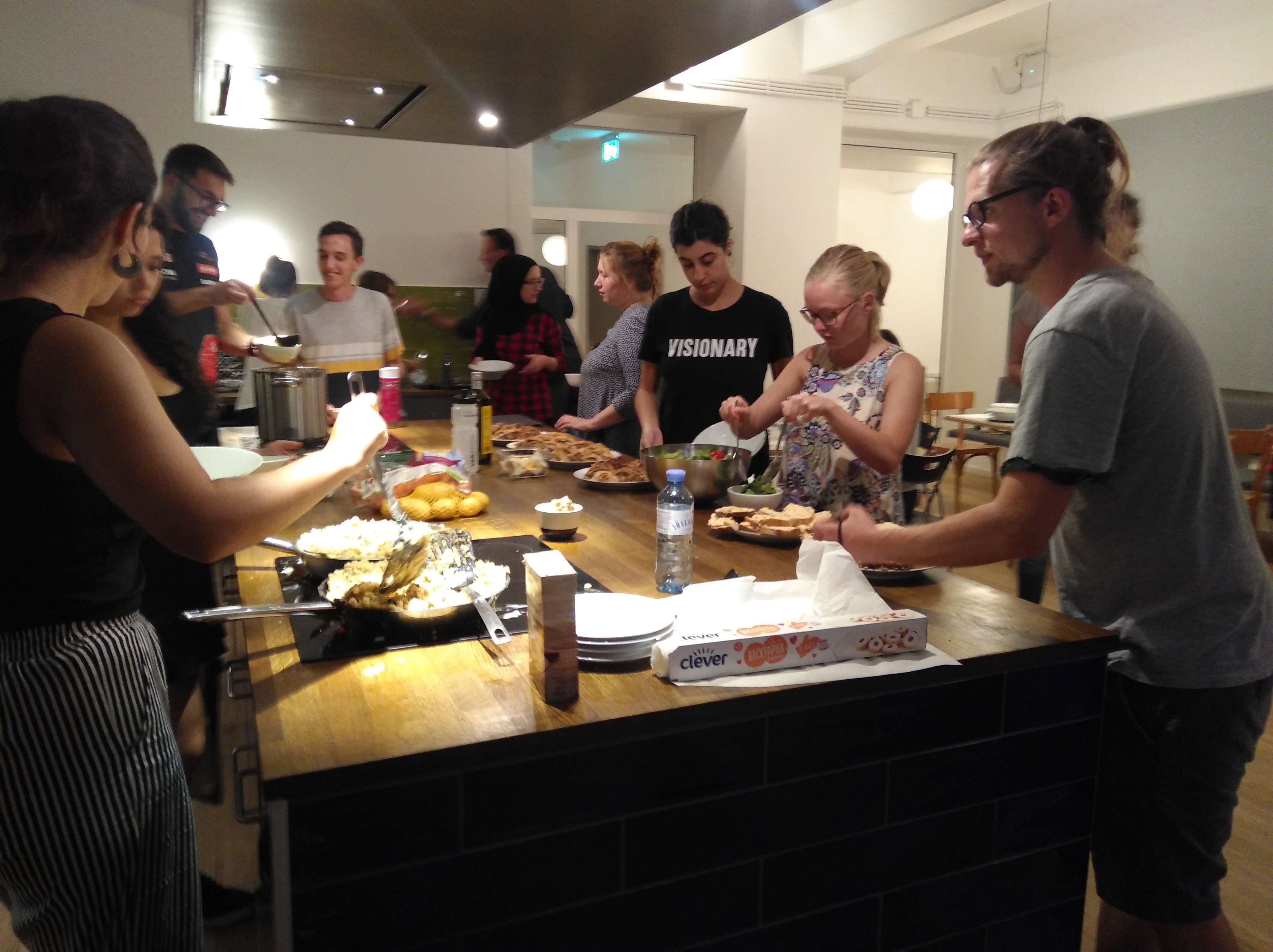
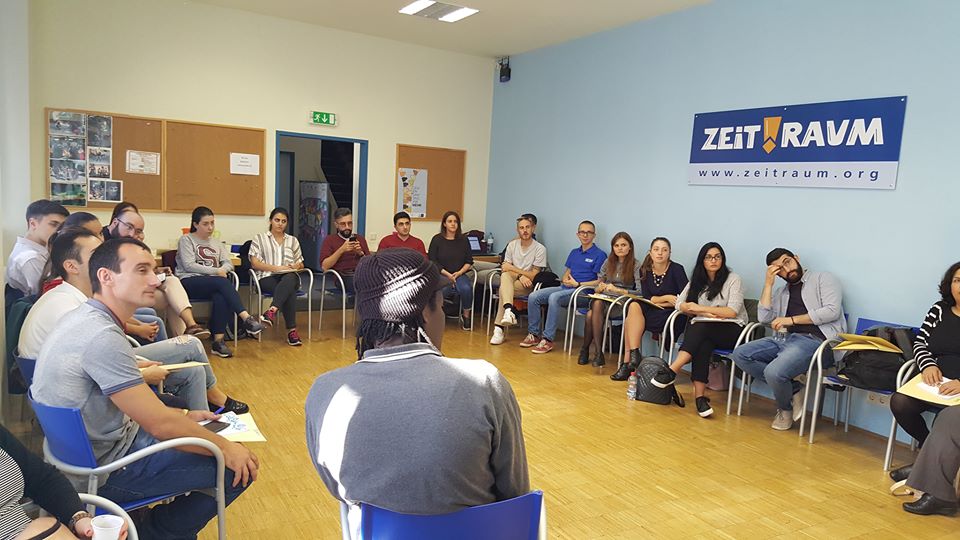
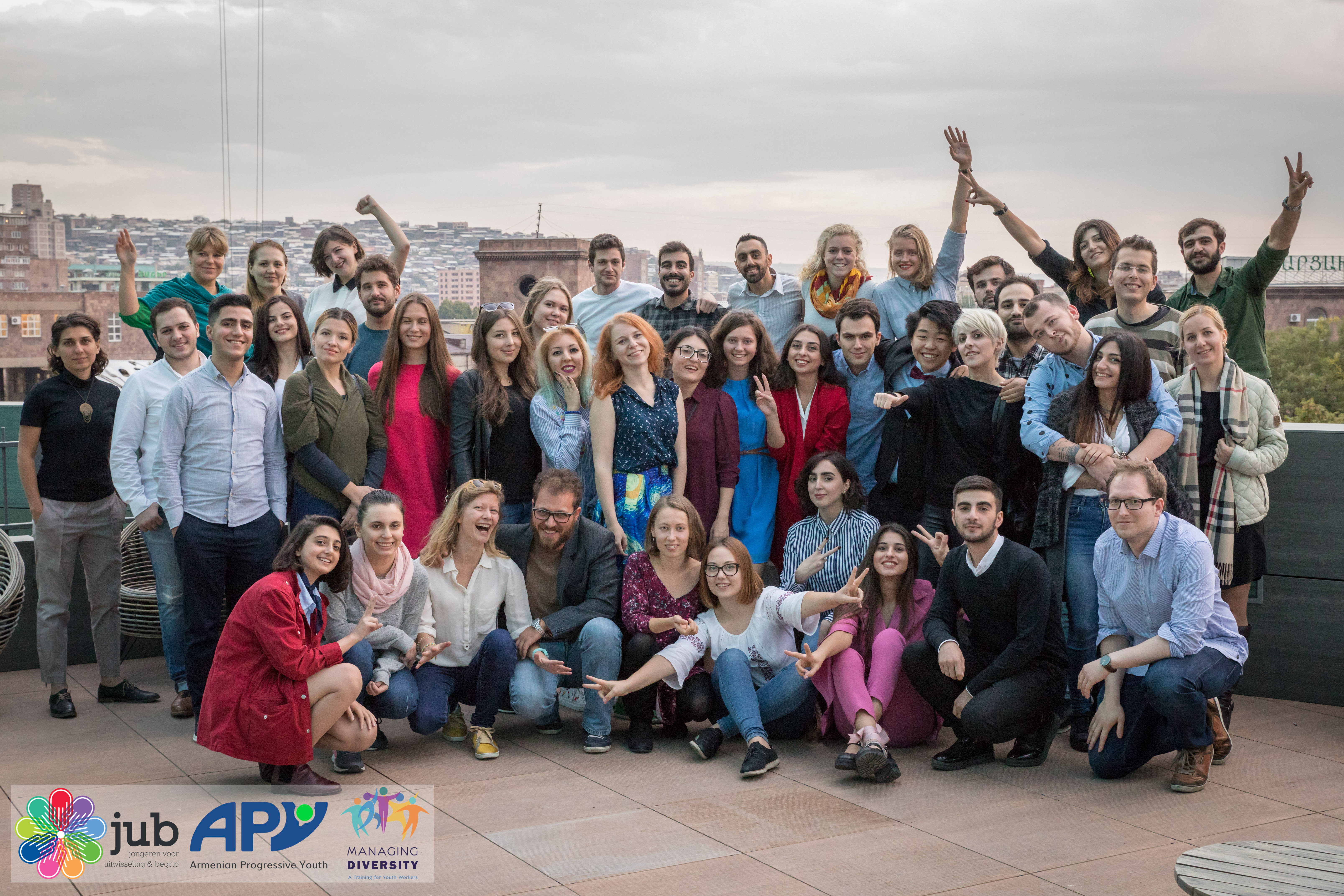
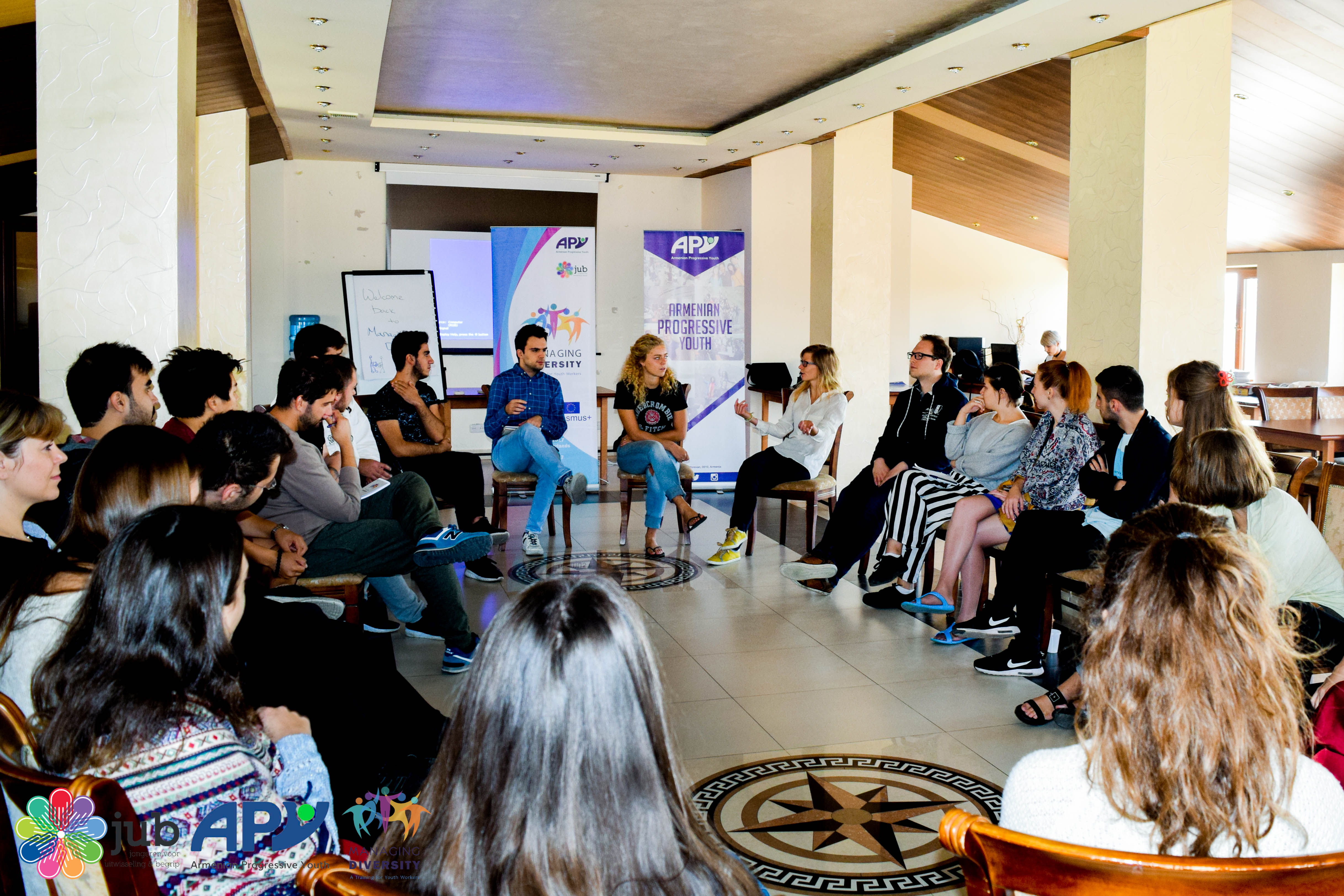
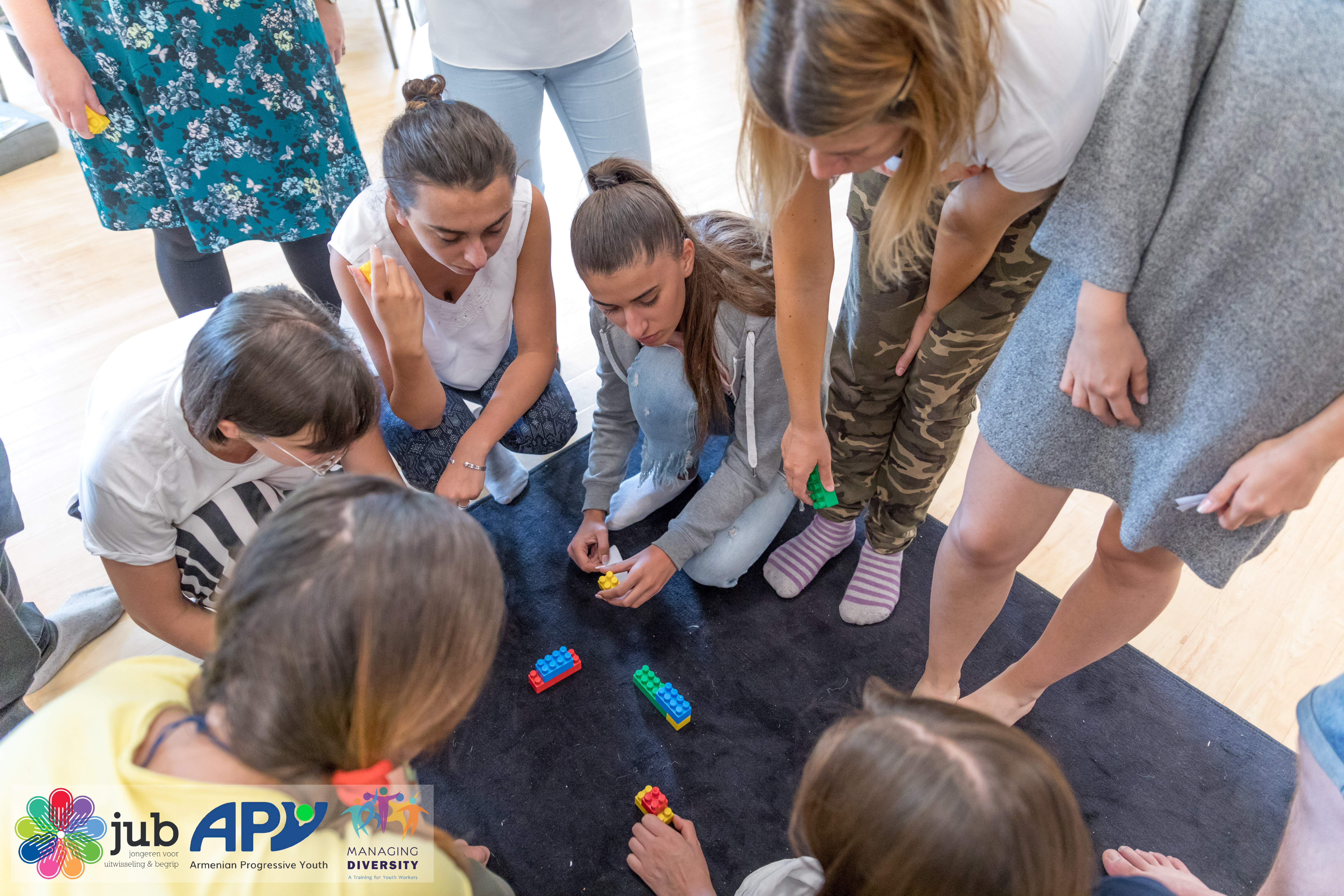 All the projects were exceptional having in mind that they were implemented with 0 funding, purely organized through the resources of participants, networks of partner organizations and in kind contribution and support provided by local stakeholders in each respective country. The projects took place in home countries of the participants: Armenia, Belarus, Czech Republic, Georgia, Germany, Italy, Latvia, Macedonia, Moldova, the Netherlands, Poland, Portugal and Romania. All the projects were implemented through diversity glasses and tackled issues of minority groups living in participating countries.
All the projects were exceptional having in mind that they were implemented with 0 funding, purely organized through the resources of participants, networks of partner organizations and in kind contribution and support provided by local stakeholders in each respective country. The projects took place in home countries of the participants: Armenia, Belarus, Czech Republic, Georgia, Germany, Italy, Latvia, Macedonia, Moldova, the Netherlands, Poland, Portugal and Romania. All the projects were implemented through diversity glasses and tackled issues of minority groups living in participating countries.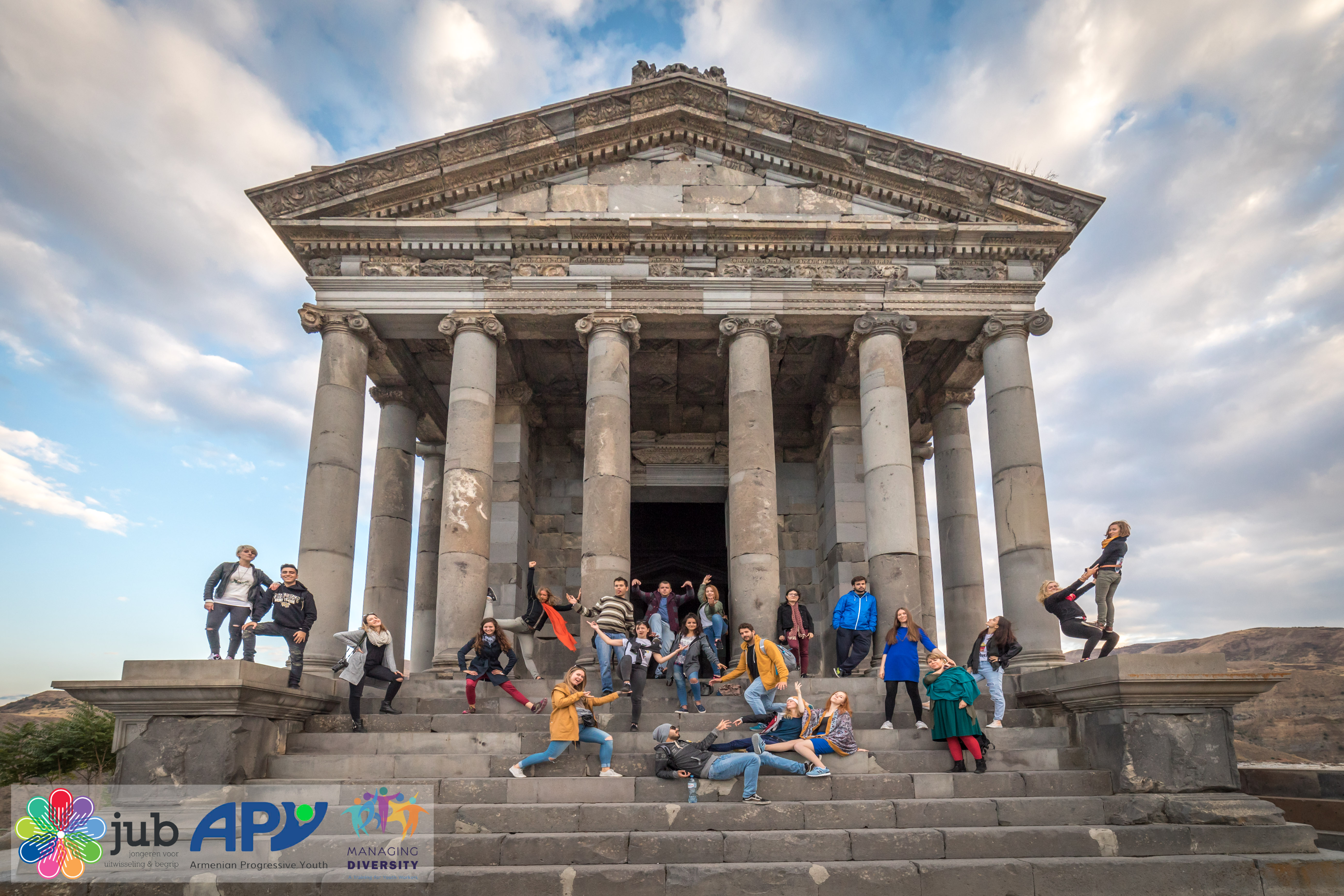
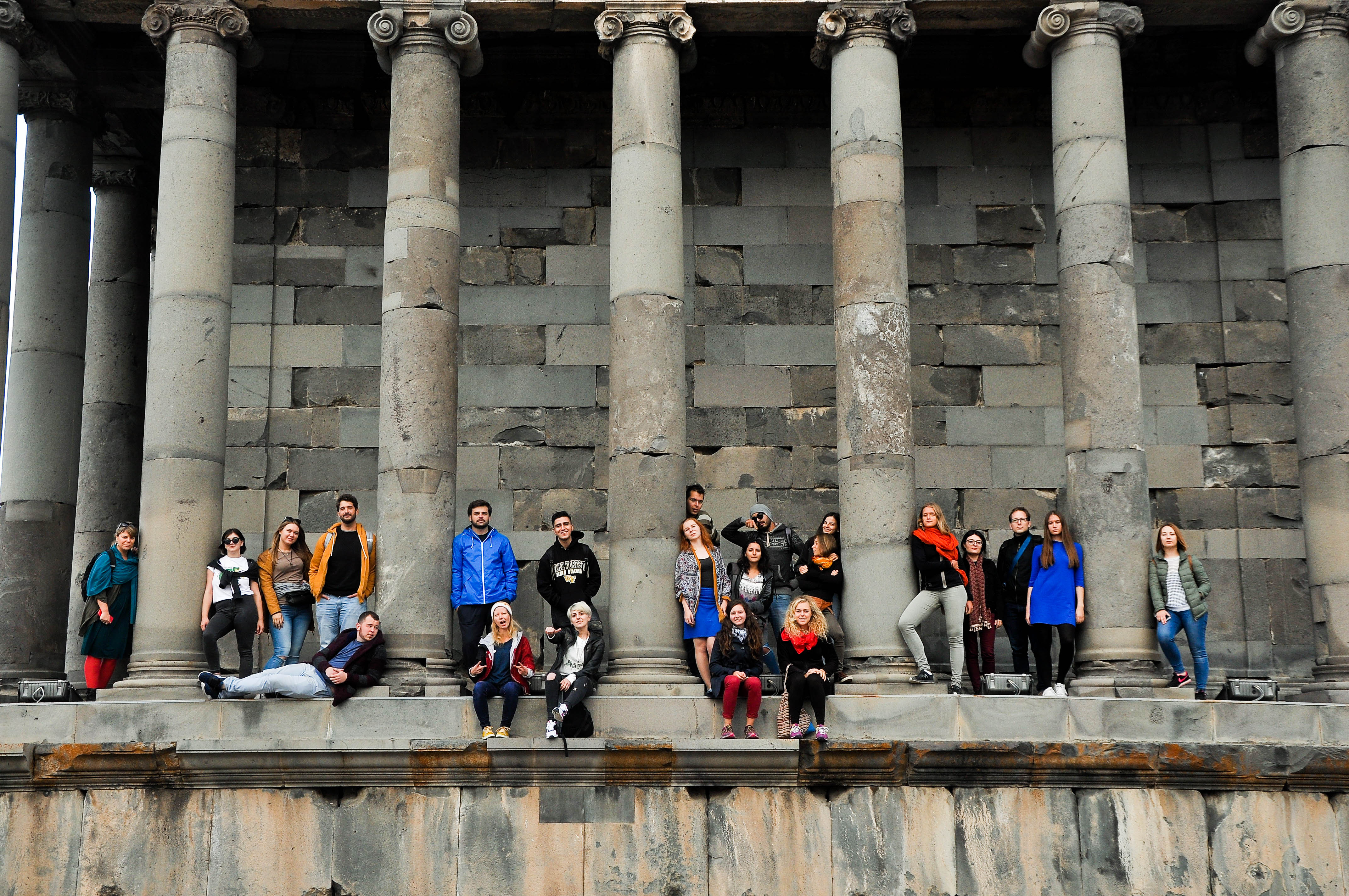 After several months of hard work, series of trainings and local ground work, we have concluded our “Managing Diversity” project – a long term training course working with youth workers, youth trainers and educators. “Managing Diversity” involved 26 youth workers and educators from 13 different countries to develop their diversity management skills and support in learning how to implement a culture of diversity in their working environments.
After several months of hard work, series of trainings and local ground work, we have concluded our “Managing Diversity” project – a long term training course working with youth workers, youth trainers and educators. “Managing Diversity” involved 26 youth workers and educators from 13 different countries to develop their diversity management skills and support in learning how to implement a culture of diversity in their working environments.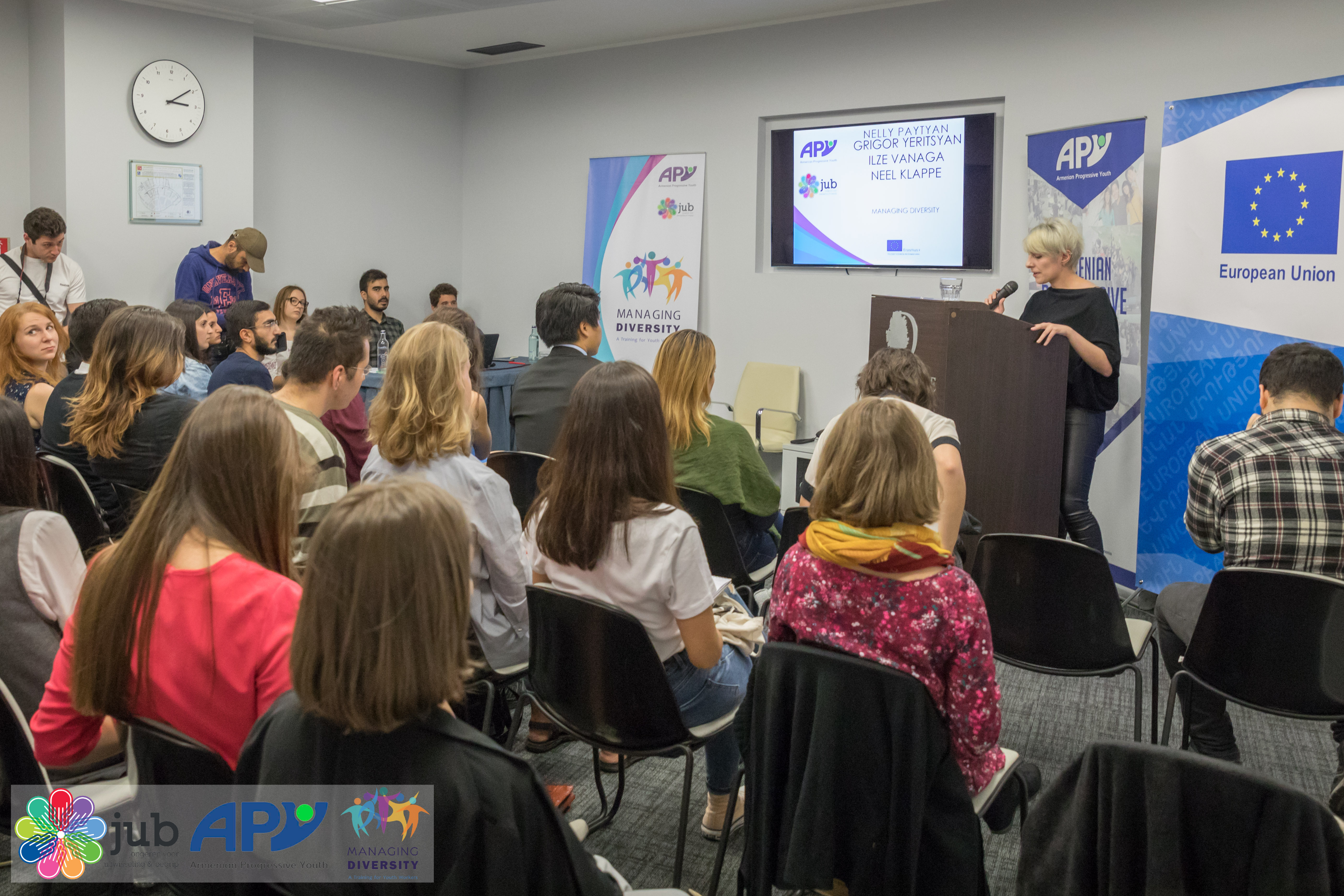 Karine Grigoryan, a trainee from Armenia, took part in all three activities of the project. Following the training in the Netherlands, she organized professional orientation activity for young people with disabilities. Karine says: “My desire of implementing this activity was based on my belief, that no matter the type of the disability, people can discover the satisfaction that often comes from realizing and using their strongest abilities and skills”.
Karine Grigoryan, a trainee from Armenia, took part in all three activities of the project. Following the training in the Netherlands, she organized professional orientation activity for young people with disabilities. Karine says: “My desire of implementing this activity was based on my belief, that no matter the type of the disability, people can discover the satisfaction that often comes from realizing and using their strongest abilities and skills”.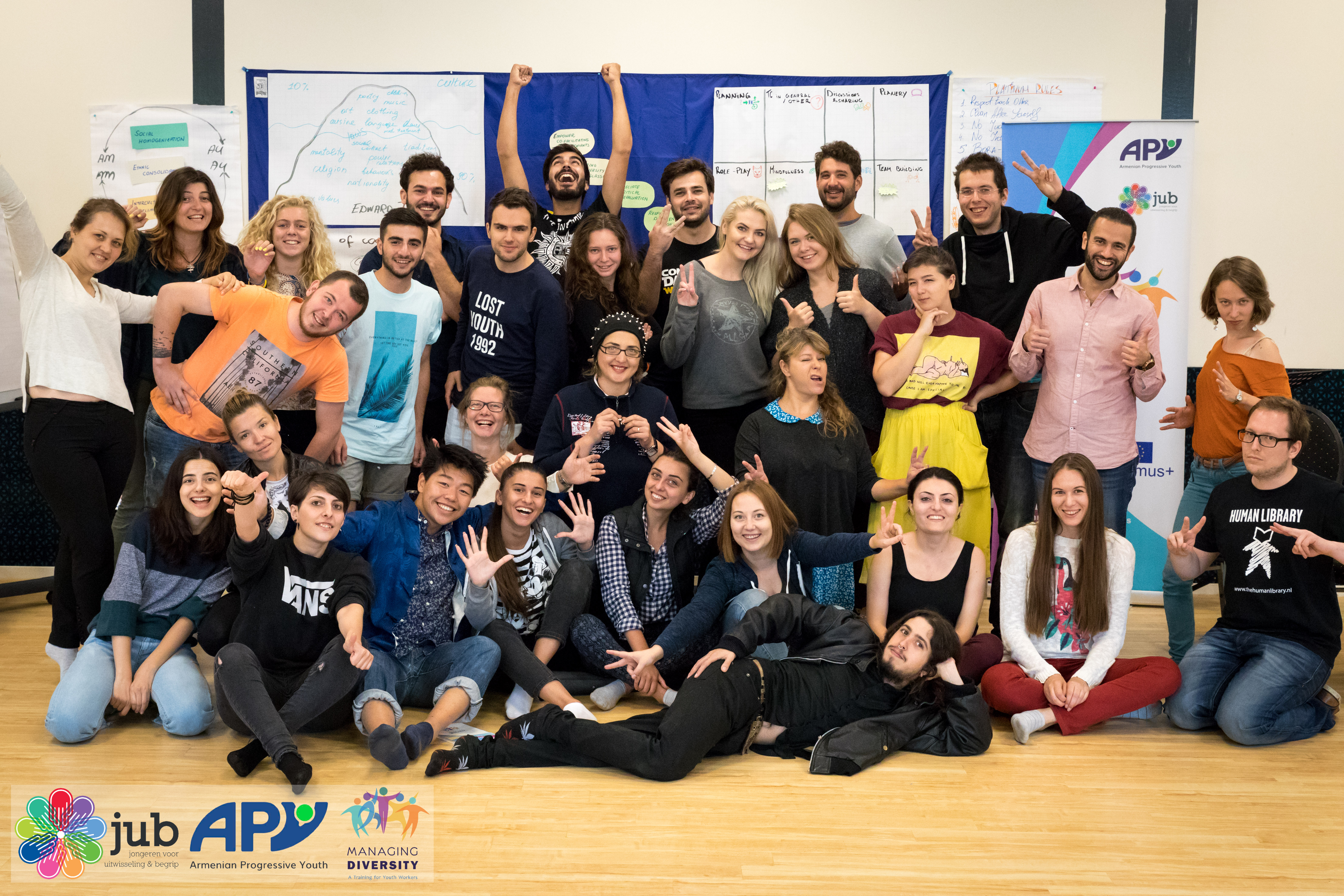 Another participant from Romania, Maria Carbunaru implemented an improvisational theatre in Romania involving Roma children. Maria says: “The Theater included Roma kids from poor families and orphanages. They spent a day by doing improvisational theater. In the end of the day they were happy and it made me feel good”.
Another participant from Romania, Maria Carbunaru implemented an improvisational theatre in Romania involving Roma children. Maria says: “The Theater included Roma kids from poor families and orphanages. They spent a day by doing improvisational theater. In the end of the day they were happy and it made me feel good”.